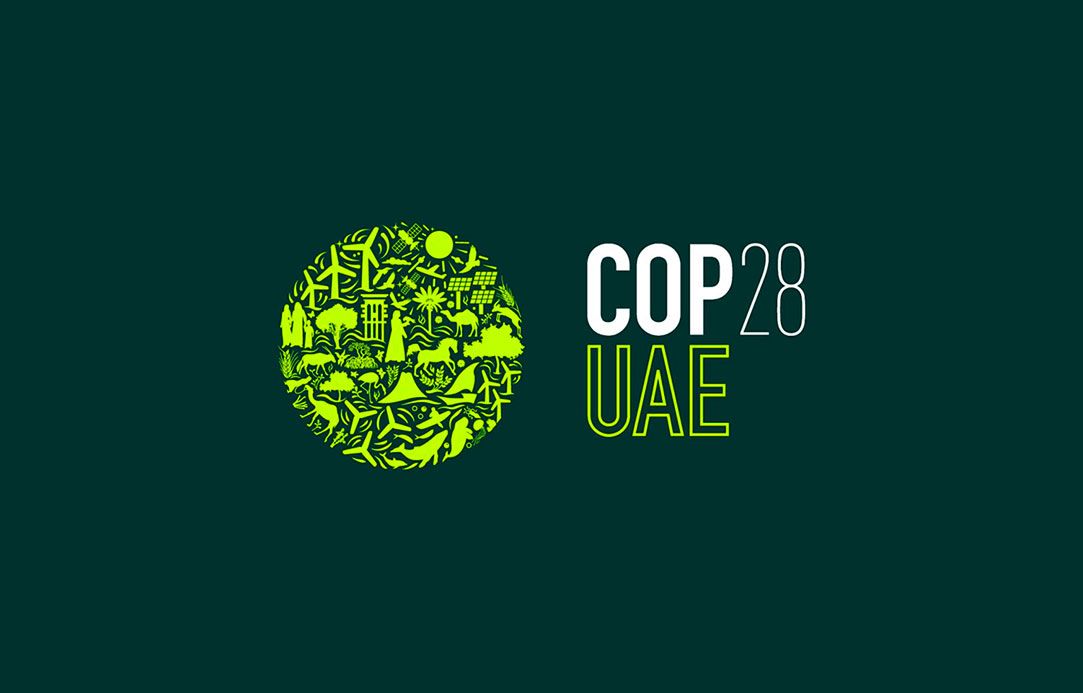
Global leaders have gathered this week in Dubai to discuss Climate Change at COP28
To date, these gatherings have been hallmarked by seemingly sincere commitments by the developed world to address the most pressing issues such as reducing its own carbon emissions and providing the funding to help low- and middle-income countries cope with the reality of climate change. In many cases promises have been broken.
Rather than rehearsing these familiar realities, let’s look at what the prominent UK science journalist, Gaia Vince, has to say in her book ‘Nomad Century’.
Vince points out how ill prepared we in the developed world are for receiving people fleeing areas of the globe no longer habitable because of increasing extreme weather events and conditions. She contextualises this saying it is inevitable that mass migration is here to stay with millions of people forced to flee their homes because of climate change. “over the next 50 years, hotter temperatures combined with more intense humidity are set to make large swathes of the globe lethal for 3.5billion of us. Fleeing the tropics, the coasts and formerly arable lands, huge populations will need new homes. You will be among them or you will be receiving them” The last sentence in this quote should be a wake-up call to all of us. We may have a reasonable concept of receiving people fleeing other countries for various and multiple reasons but the idea of we ourselves being among the fleeing populations is less familiar. Yet we have seen flooding and extreme weather events become more common in the UK and Ireland in recent years. In 2022, just last year, London declared a national emergency red heat alert and water supplies in Europe and America were compromised by drought conditions. Forest fires raged in many places.
Gaia Vince goes on to talk about the four factors that will cause us as global citizens to change where and how we live: fire, heat, drought, and flood. Climate migration has already begun with “four times as many people escaping weather and climate disasters than fleeing from conflict and war. Migration on a scale not seen before will dominate this century”
Vince alludes to the reality of what might be called the increasingly toxic way in which refugees and migrants are spoken about, with most countries trying to control migration, rather than accommodate and facilitate it. “It’s an economically and socially regressive policy. Discussion about migration is stuck in what ought to be allowed rather than how best to prepare for what will happen” Vince argues that “today’s nation states are a relatively new invention, while migration is our oldest survival strategy” Historically, Ireland knows this better than many.
Compellingly, Vince argues the world is not well prepared for climate migration. The system of sealed borders and hostile migration policy is dysfunctional. In its place, we should consider ideas of global citizenship. She goes on to cite Europe, however weakened by Brexit and other developments, along with Africa as examples and models for a global arrangement of free trade and movement. Vince invites us to “think of the planet again as a global commonwealth of humanity, as it was for millennia”.
Vince, writing in the Guardian newspaper in early October this year (2023) expands these points and decries the then Home Secretary Suella Braverman’s immigration policies saying “Surveys consistently show that despite the best efforts of Braverman, her predecessor and our histrionic tabloids to divide society, xenophobia is actually falling in Britain, with attitudes to migrants becoming increasingly positive. And, speaking in the context of Britain she says “Britons have among the most positive attitudes towards refugees in the world; two-thirds of us believe asylum seekers should be allowed to work while waiting for a decision, for instance. Dissatisfaction with the government’s handling of immigration is at its highest level in almost a decade”.
Vince’s recent article goes on to illustrate the financial inefficiency of the UK’s policies: “Last month it was revealed that the UK spends 40% a person more than any other European country on housing asylum seekers. This now comes out of the official aid budget, cutting by 16.4% the amount of aid spent overseas last year.” Where then does this leave the UK’s commitment to the Sustainable Development Goals, particularly Goals 1 and 2 – ‘no poverty’ and ‘zero hunger’. The UK’s reputation as a leading light in global development seems to be fading fast.
Previous COPs have largely avoided discussion on the difficult and inconvenient fact that climate change “migration will remake the world this coming century, whether by accident or design”
Let’s hope it is by design. The UK’s public attitude to migrants and our own reputation in Northern Ireland as one of the most generous people when it comes to charitable giving can feed into such a proactive, planned and sensible approach.
Eithne McNulty
Management Committee member of CADA – the Coalition of Aid and Development Agencies in Northern Ireland.
The views expressed in this article are those of the author and not necessarily those of CADA or its members.
To discover more relating to this, see:


